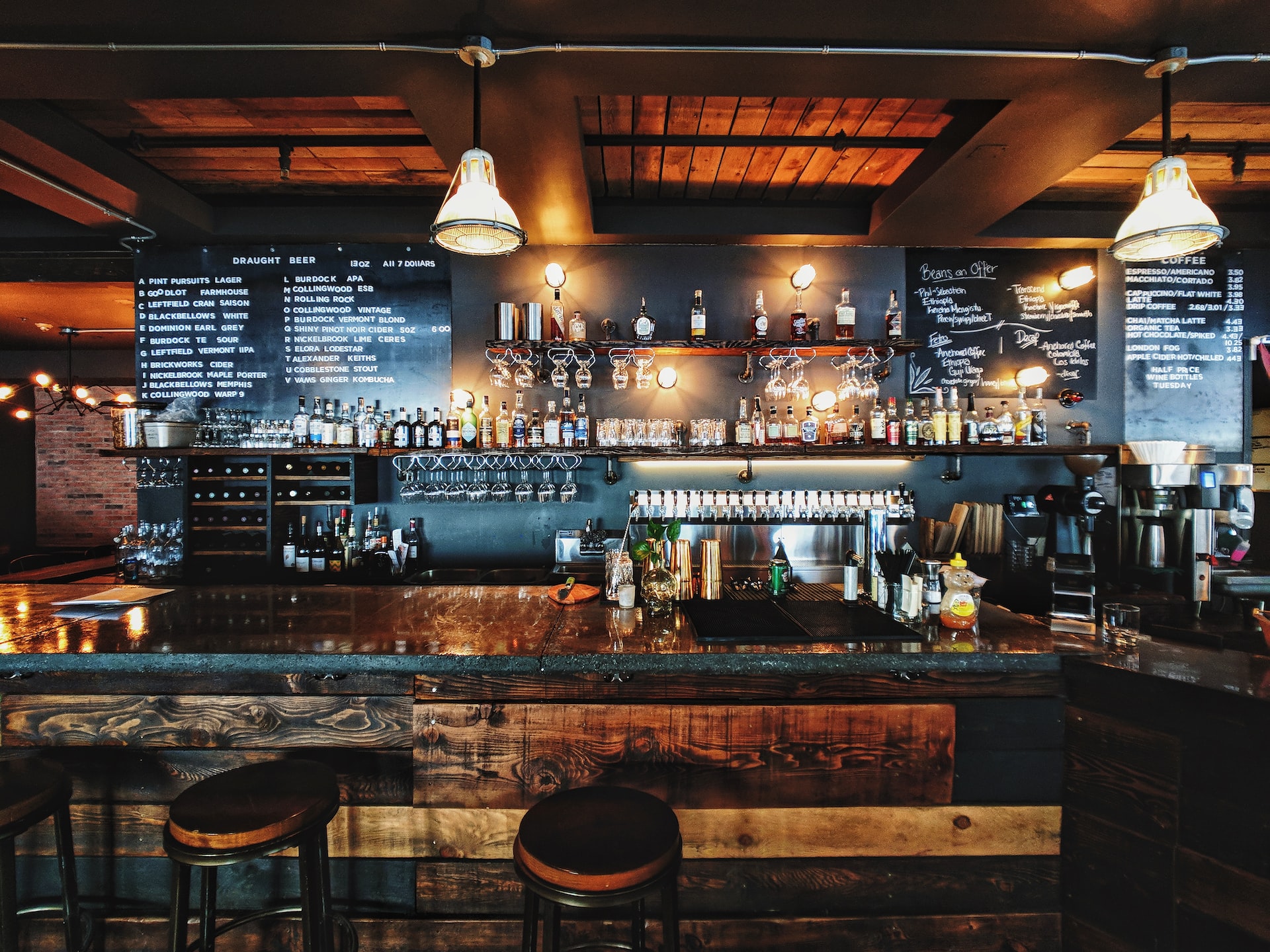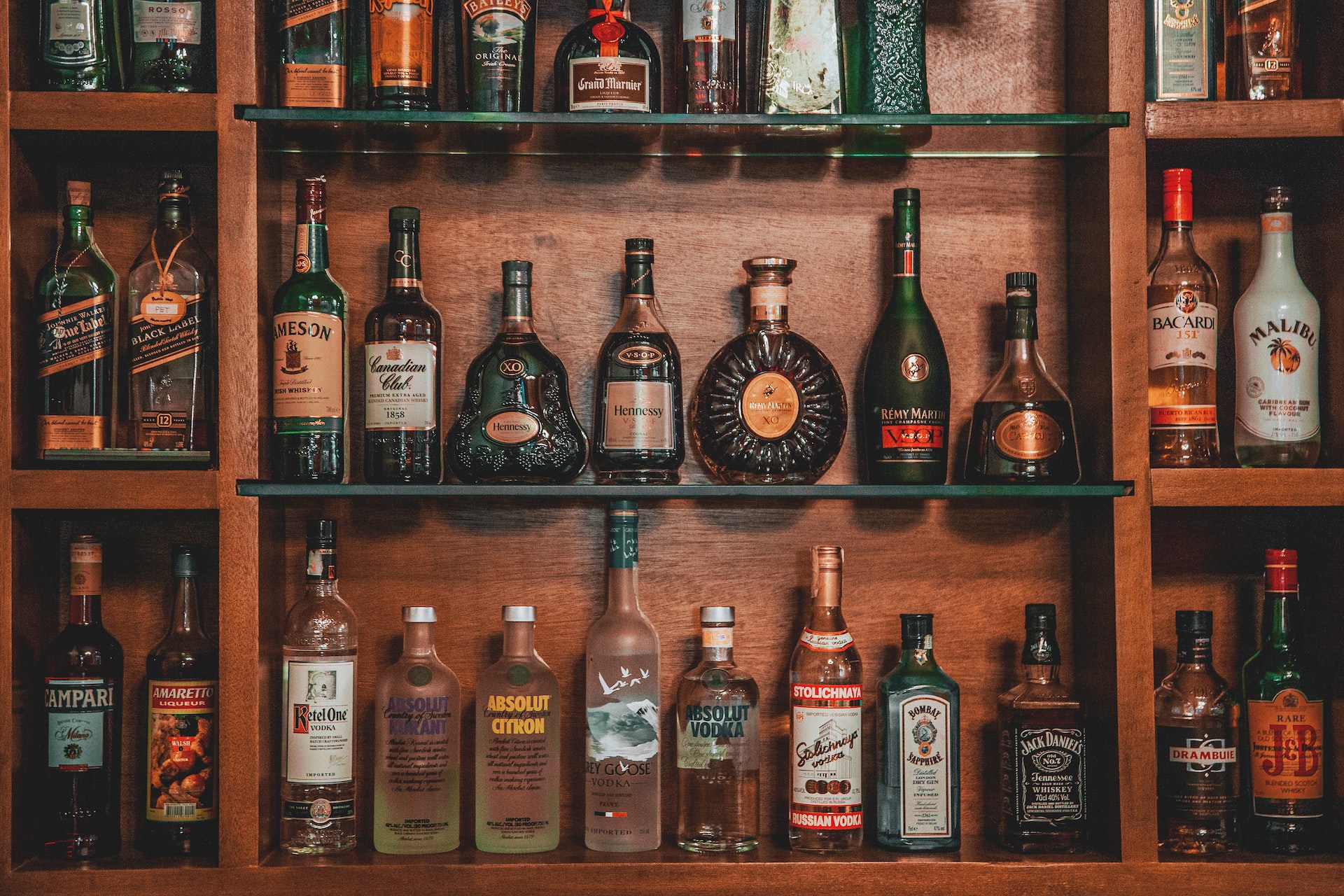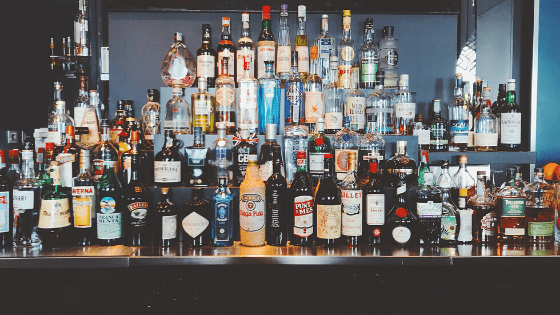Whether you’re a craft beer brewery, a small bar, or a beverage vendor at a weekend festival, if you produce, handle or sell alcoholic products, you’re going to need the right license. A liquor license in Texas is required for every phase of the industry, not just sales. There are licenses for manufacturing, sales, purchasing, storage, and distribution of alcoholic beverages, among others.
Within these categories, there are many different licenses for specific purposes when it comes to alcohol. These licenses can be sometimes difficult to navigate, though, so in this article we will explain which type of liquor license in Texas you will need to acquire.
Do you need to get a liquor license in Texas? Read on to find out how to get one.
Different Licenses and Permits for Liquor in Texas
Like we said, there are loads of different licenses that need to be solicited for different situations and contexts in the state of Texas. These include:
Airline Beverage Permit (AB)
This one is quite specific and allows airlines to sell and serve alcoholic beverages when operating in Texas or even just flying through the state. This is something you might not even consider if you’re just chilling in Houston on a layover, or passing through to sell your own products. It’s also a good example of the fine details that you need to be careful about if you’re just coming into the industry.
Beverage Cartage Permit (PE)
If you have a license to sell alcoholic drinks, you still need to get those beverages to your business location, and that same license to sell doesn’t actually allow you to go and get those beverages yourself. If you are going to move alcoholic beverages to your business location, you need a Beverage Cartage Permit. The Texas Alcoholic Beverage Commission specifically defines the corporations and individuals who can acquire this permit as, “Mixed Beverage, Private Club Registration, Private Club Wine and Beer or Private Club Exemption Certificate holders.”
Bonded Warehouse Permit (J)
Of course, alcoholic beverages don’t go straight from production to the bars—at least, not a lot of them. In the time in between when most beverages are stored somewhere, that’s generally done in a warehouse. This ability to store alcoholic beverages in a warehouse also requires a permit. Specifically, this storage permit authorizes a holder to store the beverages for a designed permittee who holds a Public Storage Permit (K), another kind of license.
Brewer’s Permit (B)
This permit authorizes the production of ale and malt liquor as well as the sale of these same liquors to qualified wholesale permit holders. Under some restrictions, this permit can also authorize the sale of ale for consumption on the premises. This permit also limits sales to 5,000 barrels annually.
These are only a few of the many, many different alcohol permits that must be solicited in order to carry out all the processes that go along with the sale and production of alcoholic beverages. You can consult the full list here and see which ones you’ll need to apply for.
The different application forms can be found online, too, and include instructions on exactly what to fill out and what to do on a case-by-case basis. The PDF’s are also fillable, so you won’t have to print these out to fill them out. You can also consult the fees and charges that go along with these different permits and licenses.
How to Get a Liquor License in TX:
Find your County
First, you need to find out what county your business will be in. This will determine what TABC office you will contact.
Contact the County Liquor Board
Once you find out the county your business will be in, you will contact the county’s liquor board. The liquor board will tell you exactly what license you will need to acquire for your business, as well as what forms you will need to fill out.
Start your liquor license application:
Next, contact the TABC to obtain the required forms. Fill out these forms. Then, fill out an application to submit to the county liquor board.
Submit and wait for review:
After filling out the appropriate forms, you will submit your application to the county liquor board and they will review it. This process can take up to 1 month. During this process, the county liquor board will look into your business and have a representative come to the property and meet the owner to fill out paperwork.
Pay for your liquor license:
Once your application is approved, all that’s left to do is to pay for it. The cost of the license differs according to the location where the license is applied for, and according to the population of the place where the liquor will be sold. After you pay for it, you need to wait for the official license to come in the mail. Once you receive that license though, you will be legally able to sell alcohol at your business!
Your ultimate best resource for all of these processes is going to be your local TABC office. They will be able to guide you through the entire process and help answer any questions you might have. This way, you can make sure you don’t overlook any important details in the process or a specific license you might need. Visit the TABC website for more information.
Once you have a liquor license in Texas, you will need a wholesale liquor distributor. Zipps Liquor is a wholesale liquor distributor for several Texas counties, and we have a huge selection of beer, wine, and liquor that your customers will love. We provide competitive pricing and we always work with you to make sure you have what products you need. Learn more about our wholesale distribution, or call now for a free quote!









